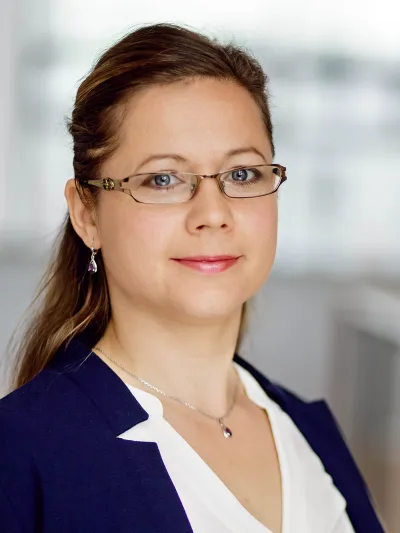INSO – Inclusion in the Social Space
The research project "Inklusion im Sozialraum – Partizipative kinderrechtsbasierte Schulentwicklung durch schüler*innenaktive Forschung" aims to investigate the conditions for success of inclusive schools and to give general recommendations for action.

University of Leipzig
The inter-university research and practice project "Inklusion im Sozialraum – Partizipative kinderrechtsbasierte Schulentwicklung durch Schüler*innenaktive Forschung" (funded by the Saxon Ministry of Science and the Arts, funding amount: 443,780 euros to the University of Leipzig), in cooperation with Prof. Dr. Saskia Schuppener (University of Leipzig). Saskia Schuppener (University of Leipzig), pursues the overarching goal of investigating the conditions for success of inclusive schools with an explicit social space orientation using the example of a district with special development needs and preparing the findings in the form of general recommendations for action for "inclusive schools in the social space" and thus making them usable for a state-wide, but also nation-wide and international exchange.
One main focus here is on a consistent, multi-perspective and barrier-free participation orientation. Against the background of democratic education, children and young people in particular are to act as "student researchers" and make a sustainable contribution to school evaluation and school development. The idea of participation in this context goes beyond mere taking part or being present. Rather, it is about real participation and co-determination.
The research project examines in particular
- the conditions for success of inclusive school development in existing and evaluated inclusive schools that work in a social space-oriented way (nationally and internationally);
- exemplary conditions for quality development of inclusive school culture in Saxony (in Leipzig-Grünau, a district with special development needs);
- the methods and criteria for a participatory evaluation and further development of inclusive schools in such a social space.
In order to make a perspective contribution to the development of inclusive school culture in Saxony (using the example of local inclusive neighbourhood development in Leipzig-Grünau), a participatory research methodological approach is to be used in which as many different interest groups around and in school as possible are involved.
The methodological approach of the project is based on the mosaic approach: different methods from the field of participatory social research will be used depending on the target group and the level of investigation.
As a result of the planned project, the following sustainable findings and materials are to be produced:
- Collection of well-prepared national and international best practice examples of "inclusive schools with social space orientation" (SRO).
- A synopsis of concrete, illustrative, reflected conditions for the success of an "inclusive school in the social space".
- Exemplary recommendations for a quality development of inclusive school culture in Saxony (along concrete school development modules) and concretely for schools in the social space Leipzig-Grünau
- Newly developed concept for participatory school evaluation and development – developed against the background of child rights-based research with pupils (illustrated and accessible in an innovative media format).
Project Management
Project Management FH Potsdam
Project Management University of Leipzig
Prof. Dr. Saskia Schuppener
Professor of Education in the Special Focus of Intellectual Development.
